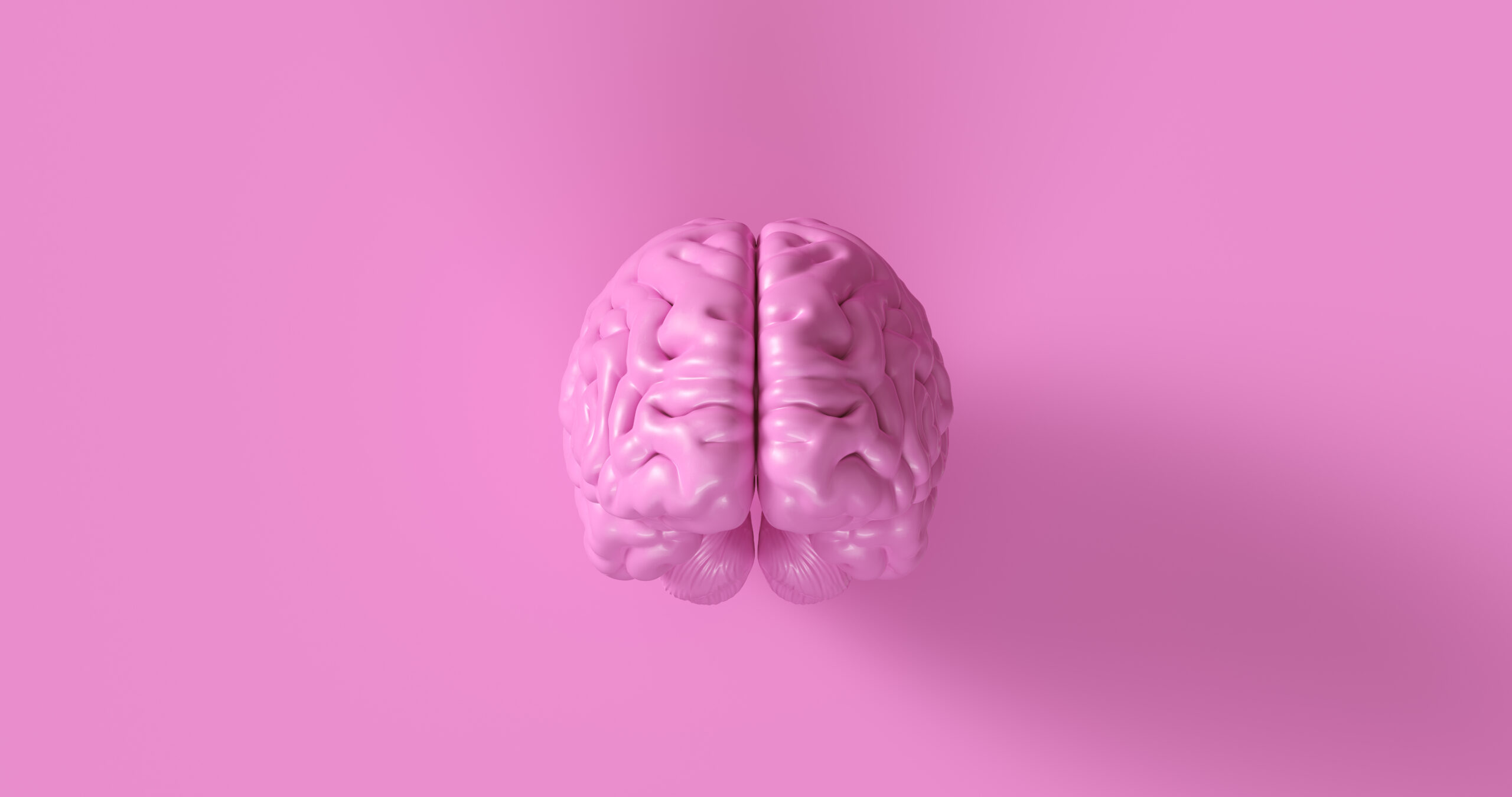dementia’s effect on speech and language
### Dementia’s Impact on Speech and Language
Dementia is a condition that affects many people, causing a decline in cognitive abilities. One of the most noticeable effects of dementia is its impact on speech and language. In this article, we will explore how dementia changes the way people communicate and what this means for those affected and their loved ones.
#### Changes in Communication
Dementia can make it difficult for people to express themselves clearly. This is because the condition affects the brain’s ability to process and understand language. Here are some common changes you might notice:
– **Difficulty with Words**: People with dementia may struggle to find the right words or use unusual words to refer to familiar objects. For example, they might call a chair “that thing” instead of “chair.”
– **Memory Loss**: They might forget the names of close family members or friends, or struggle to remember old memories.
– **Confusion**: They may get confused about what they want to say or how to say it, leading to frustration and confusion.
#### Types of Dementia and Language Changes
Different types of dementia can affect language in different ways. Here are a few examples:
– **Alzheimer’s Disease**: This is the most common type of dementia. People with Alzheimer’s may experience memory loss and difficulty with language, but they often retain some ability to communicate.
– **Frontotemporal Dementia (FTD)**: FTD is characterized by drastic personality changes and language difficulties. People with FTD may have trouble understanding the meaning of words and may use inappropriate language.
– **Semantic Variant Primary Progressive Aphasia (SV-PPA)**: In this type of FTD, people lose the meaning of words. For example, they might see a picture of a bird and call it “dog.”
– **Non-Fluent Agrammatic Variant Primary Progressive Aphasia (NFA-PPA)**: This type affects speech production. People with NFA-PPA have trouble finding the right words and may use short sentences or become mute.
#### Behavioral Symptoms
Dementia can also lead to behavioral symptoms that affect communication. These include:
– **Agitation**: People with dementia may become agitated or restless, which can make it harder for them to communicate effectively.
– **Depression**: Depression is common in people with dementia and can make them withdraw from social interactions, leading to further communication difficulties.
– **Hallucinations**: Some people with dementia may experience hallucinations, which can make it hard for them to distinguish reality from fantasy.
#### Managing Communication Changes
While dementia can significantly impact speech and language, there are ways to manage these changes:
– **Non-Pharmacological Interventions**: These include using simple language, avoiding complex instructions, and providing visual aids to help with communication.
– **Hearing Aids**: Untreated hearing loss can exacerbate communication problems. Using hearing aids can help improve understanding and reduce stress.
– **Support for Caregivers**: Caregivers play a crucial role in supporting people with dementia. They can learn strategies to communicate more effectively, such as using clear and simple language, and being patient with the person’s limitations.
### Conclusion
Dementia’s impact on speech and language is a significant aspect of the condition. Understanding these changes can help both the person with dementia and their caregivers navigate the challenges of communication. By being patient, using simple language, and providing support, we can make a difference in the lives of those affected by dementia.





